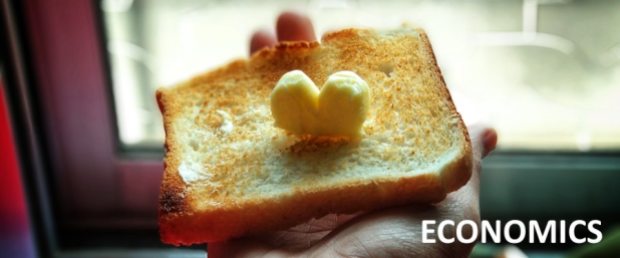
When Singapore was a young nation, there was a recognition of the place for the market to operate and do its job in creating competition, enhancing quality of life but this was not done blindly. Regulations were in place to ‘distort’ the market in a way that benefit the society.
We have one of the highest amounts of taxes imposed on car ownership, through various revenue instruments and it has brought in a lot of revenue for the government. Likewise when we set out to liberalise the electricity market sector in Singapore, it was about discovering the marginal cost of electricity generation and being able to pass on the savings to the consumers. Yet when the market turns against the consumers during a period of gas shortage, it is important to recognise that the original intent of the market is to serve the consumers while sustaining the industry anyways so we can’t just throw our hands into the air and say it’s the consumers’ own issue.
The market can drive good outcomes within a narrow band and where we want the market to operate within and deliver. But it takes regulation and framework set up to ensure the market is operating within the right context. When policy is the main driver, one cannot be caught up with trying to leave as much things as possible to the market. It is necessary to look at everything about the market and its tendencies in order to guide it towards the outcomes we are looking for.
